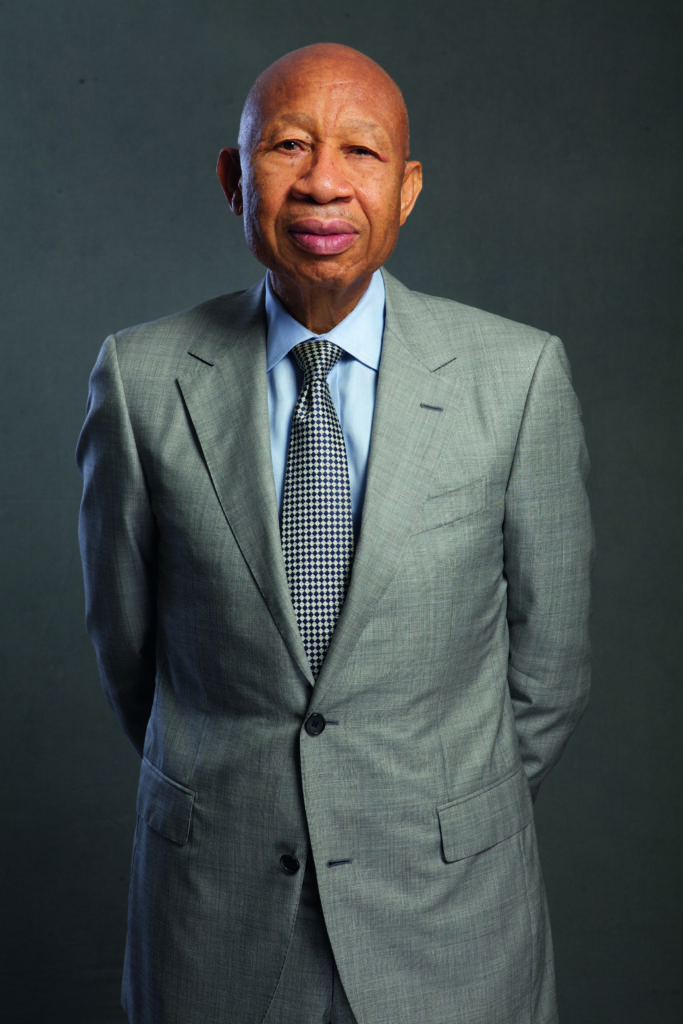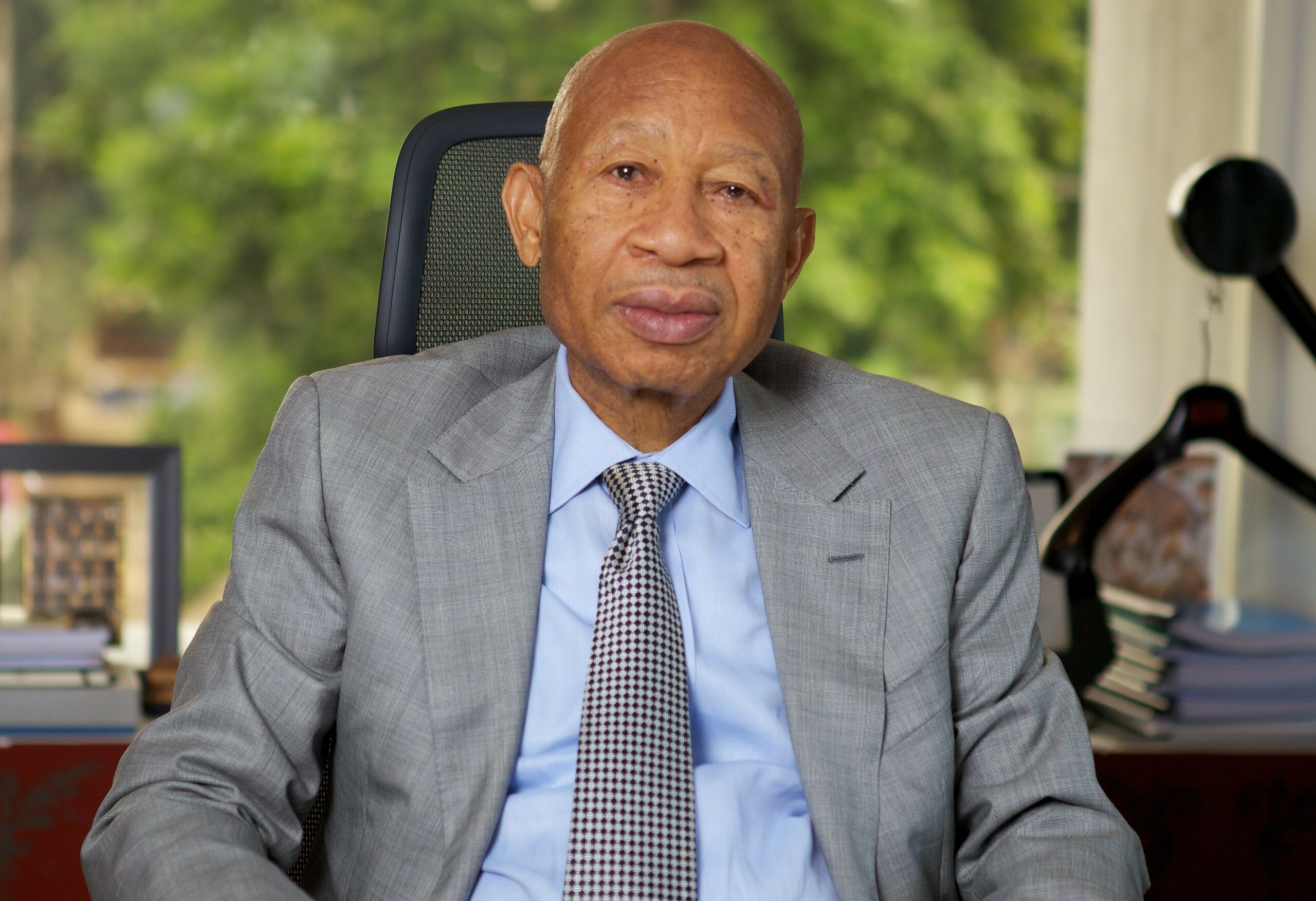The Nigerian business tycoon, who built an empire with just £100 in the bank, leaves behind an influence embedded in every digital transaction and every mobile call across a continent on the rise.
Pascal Gabriel Dozie, one of Nigeria’s most visionary business figures who pioneered electronic money transfers and helped usher the West African nation into the mobile telecom era, died on Tuesday, a day before his 86th birthday.
The announcement came via a family statement signed by his son, Uzoma Dozie, who described him as “a devoted husband, father, grandfather, and a man of unwavering Catholic faith.” The elder Dozie, he said, lived a life of service “to God, his family, and his country.”

Dozie’s death marks the end of an era for Nigeria’s modern banking and telecommunications industries. From humble beginnings in southeastern Nigeria, he rose to become a towering figure in the country’s economic landscape—building institutions, influencing policy, and shaping how millions of Nigerians interact with money and communication.
Born April 9, 1939, in Owerri, in what is today Imo State, Dozie’s early years were rooted in modesty. His father worked as a local court interpreter. He later joined a wave of ambitious young Africans from newly independent nations who travelled to Europe in search of higher education. At the London School of Economics, he studied economics—briefly sharing lecture halls with Mick Jagger, who later dropped out to form the Rolling Stones. Dozie, however, stayed the course, earning his degree and following up with a master’s from City University, London, in 1963.
Loading...
As civil war erupted in Nigeria in 1967, Dozie temporarily diverted his return plans, opting instead to work in Uganda until the Biafran conflict—which claimed over a million lives—ended. By 1971, he returned to Nigeria at the behest of his ailing mother, settling in Lagos and launching the African Development Consulting Group. He would never work for anyone else again.
The 1980s marked a turning point in his career. Observing the dangers faced by traders carrying large sums of cash from rural markets to Lagos, Dozie identified a gap in financial services. That insight birthed Diamond Bank in 1991, one of Nigeria’s first commercial banks to champion electronic money transfers. The bank rapidly expanded and became a lifeline for merchants, professionals, and rural entrepreneurs navigating Nigeria’s difficult cash economy. Years later, Dozie handed the reins to his son Uzoma. In 2019, Diamond Bank merged with Access Bank in one of the most significant consolidations in Nigerian banking history.
But Dozie’s ambitions extended far beyond finance.
In the early 2000s, when mobile telephony was still an emerging concept across Africa, South Africa’s MTN approached him with a proposal: to enter the Nigerian market, one of the largest untapped populations on the continent. Despite widespread skepticism and a failing state-run telecom operator, Dozie helped raise capital and take a stake in MTN Nigeria. He played a central role in convincing reluctant investors who saw the idea of a nationwide cellular network in Nigeria as implausible.
“Most of the people I asked to invest now regret not investing—I even regret it myself,” he remarked to FORBES AFRICA in 2012 for a cover story. “They would have enjoyed returns of 20 times their money.”
Under Dozie’s leadership as chairman, MTN Nigeria became the country’s largest telecom provider, helping to bring mobile access to tens of millions, reshaping business, governance, and everyday life in the process.
A sharp-tongued and occasionally outspoken figure, Dozie combined intellectual rigor with entrepreneurial intuition. In addition to consulting for multinationals like Nestlé and Pfizer, he wrote regularly for Business International, dissecting African economic trends and policies.
Today, his impact reverberates through Nigerian financial systems and the ubiquitous mobile phones that connect villages to cities, market women to global platforms, and young people to opportunity.
Dozie is survived by his wife, Chinyere, children, grandchildren, and a legacy woven into Nigeria’s technological and economic transformation.
Loading...
